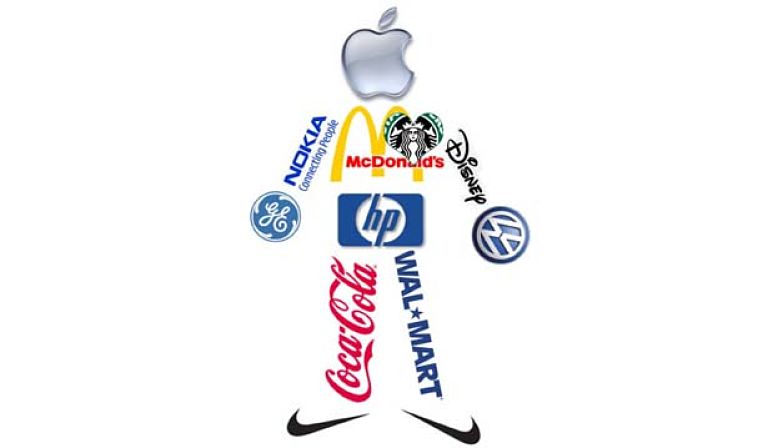Stop saying that other word! It’s time for “brand humanness”

The Team is proud to support the University of East Anglia’s Masters in Brand Leadership. To celebrate this year’s Future Brand Leaders we’re publishing a series of guest blogs to showcase the challenges facing the brands of today – and tomorrow.
More than “being human”, brands need to think how they can show “humanness”
Guest blog by Virgilio Jarrín
Every now and then the marketing industry gets hold of a word that we suddenly see everywhere. Call it experience, engagement, influencers… one day it’s on every product presentation, agency brief, and client phone call. There’s (almost) nothing wrong about that, except from the fact that some of these words are hardly ever well defined by practitioners or academics. And it’s as though as our conversations create bit by bit a myth around them. People stop asking, everyone says they understand it, and we end up more confused than ever.
My research journey started when I figured out that the industry was talking about brands “being human” from very different perspectives. Some talked about brands connecting better with people digitally, others about brands being “humanised” through mascots, or even brands being human thanks to the people behind them (an excellent book to read). However, when approaching the topic from a social science perspective, it was clear that just defining what a “human” was represented a very complex task. How could we understand brands being human, then!?
Social psychology had the answer here: “humanness”. It turns out that us, as humans ourselves, interact with other entities identifying if, and how much, they are human or not. We perceive if there is a cognitive mind behind, if actions are driven by intention, and if emotions are shown to see that someone is human. A quite tough process that made me reflect: what if brands could do exactly this?
After talking with 12 different experts (branding practitioners, marketing executives, advertising planners and academics) and inviting consumers to the discussion (100 participating in a survey and 4 in an in-depth phenomenological phase) the picture became clearer. What brands can do is show humanness. It can happen! We only need to make clear some points before adding the phrase to our next PowerPoint:
1.- Humanness is not just about being good
The industry tends to believe that being charitable is the same as being human… sorry to say that humans are perceived as imperfect and fallible! Humanness implies that brands can make mistakes, that they are imperfect and can fail sometimes; and that’s ok! Brands need to be honest about their limitations but show they have the capability to correct mistakes.
2.- Humanness sits inside the business
To be perceived as human, brands need to show that they can understand humans. Collecting insights just for advertising is not the perfect way. All the actions from a company need to be inspired by consumers’ truths. The more a brand bases their business strategies on what people want and say, the more humanness it will show.
3.- Humanness is also about you too!
Even if consumer input is fundamental, brands also need to have a voice to show their cognition and intention. (Almost) every brand was created with a particular idea in mind from their founder. Brands that find and grasp this founding idea and inject it through the organisation will show that clearly there is something behind them. Humanness is about telling what you believe in, why you exist and what´s your role in the world.
4.- Humanness is way more than emotions
We usually see that advertising that follows an emotional approach is commonly pointed out as “human”. However, a test with FMCG brands showed that brands display more humanness when they exhibit cognitive processes and intentions behind. Emotions work well to create experiences and maintain the connection with the consumer. But brands need to show that they are not only warm and fuzzy; that they can think and create solutions first.
5.- Humanness is not part of a corporation
Curiously enough (or not), the more corporate it goes, the less human a brand is seen. Corporations need to think about their consumer-facing brands and understand that customers don’t care that much about an endorsing company: they care and believe in the brands they´re close with. The more independent a product brand is, the easiest it will be for consumers to see their humanness.




